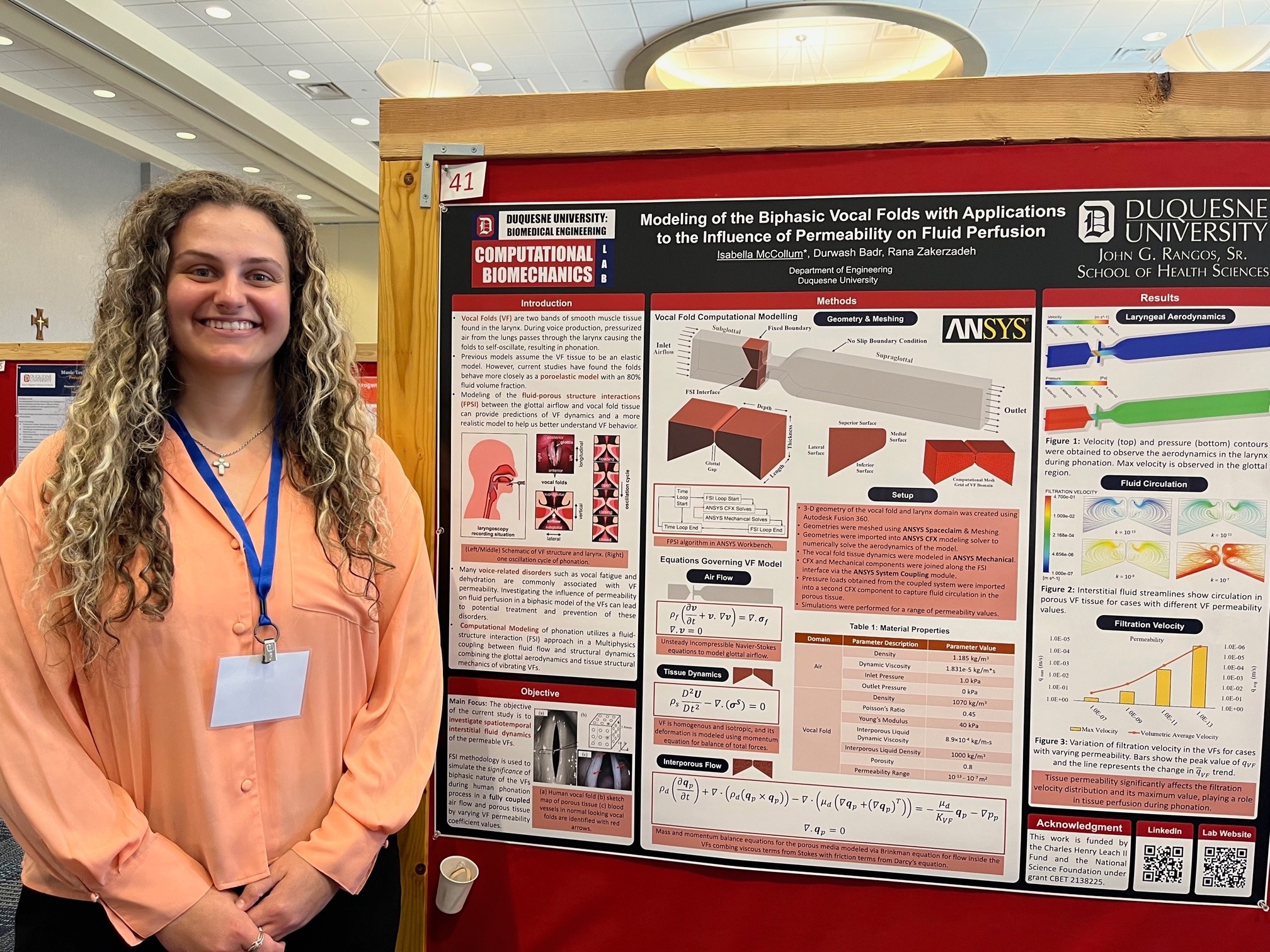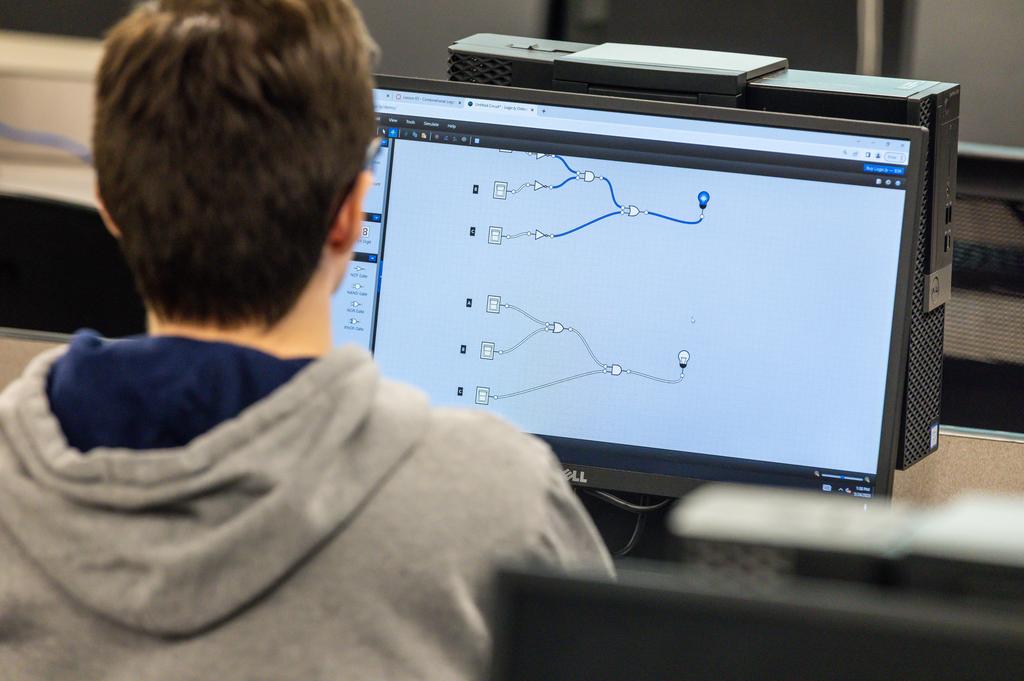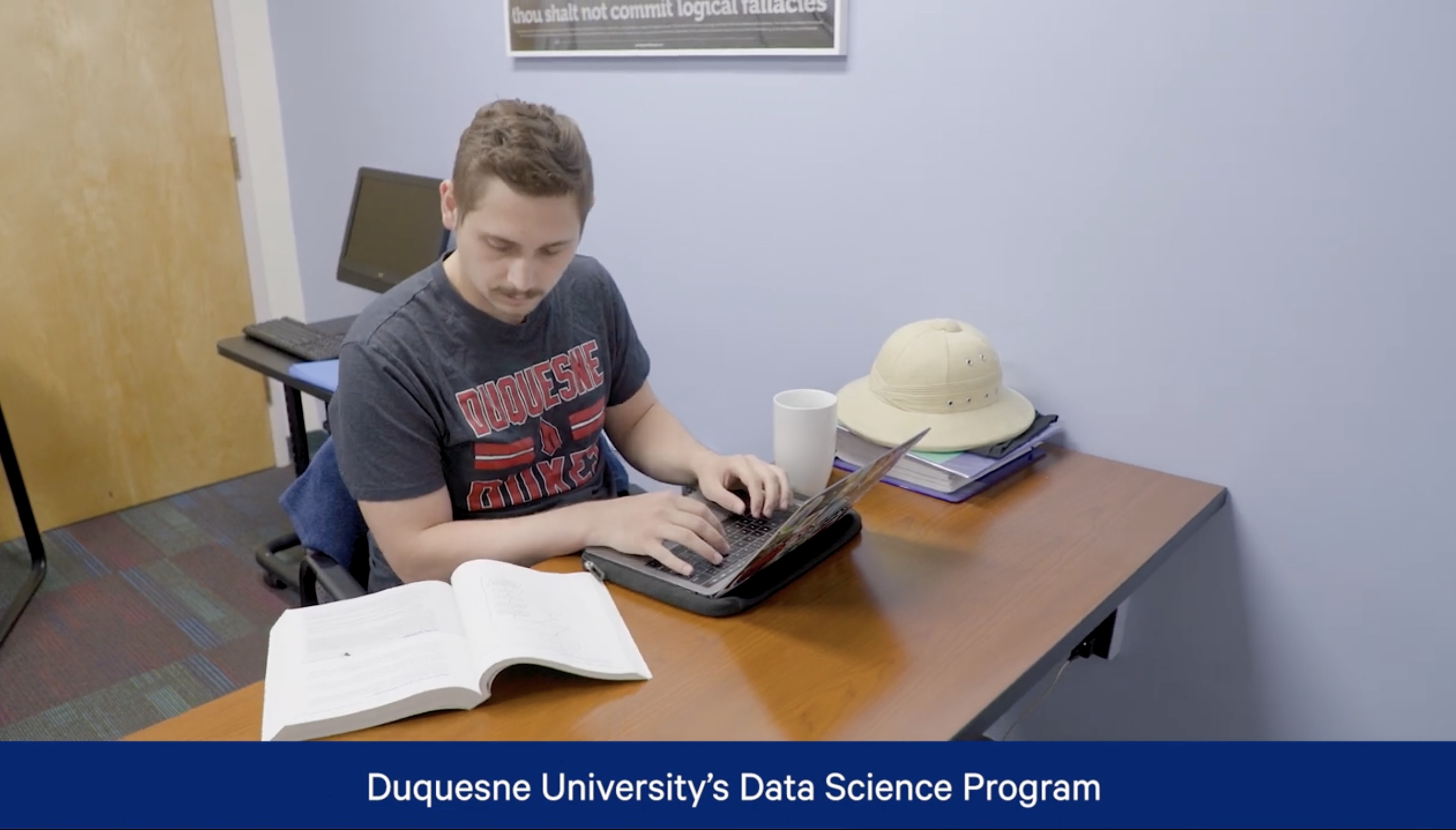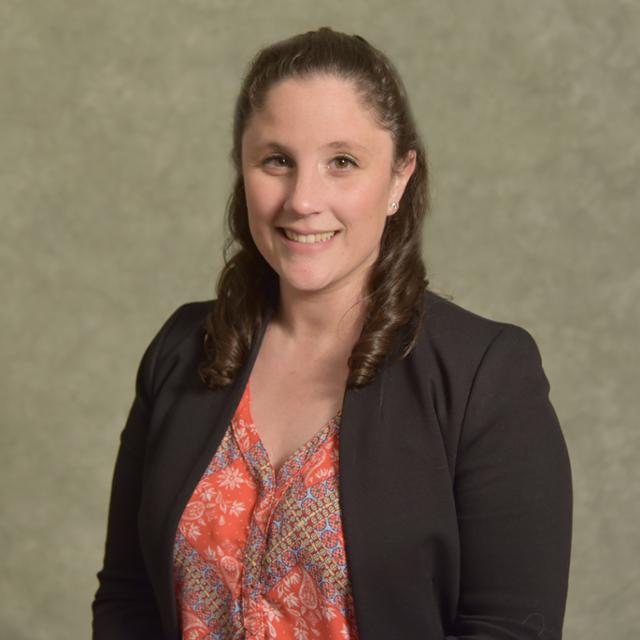Data Science
Every day, human interaction with technology generates enormous volumes of data. This ever-growing collection of information is leveraged in virtually every industry across the globe, including healthcare, government, technology, manufacturing, social media, finance and entertainment.
As a data science student, you will learn practical solutions to solve a wide array of data-related problems—from those involving small data sets to those involving massive amounts of data. Your curriculum will incorporate the entire data science pipeline, including problem formulation, data collection, high-powered computing, statistical analyses and meaningful interpretation and communication.
You'll develop proficiency in navigating both the overarching concepts and nuanced details of data science, empowering you to confidently achieve the following objectives:
- Managing, processing and analyzing data effectively.
- Using data visualization techniques to extract valuable insights.
- Creating statistical models and machine learning algorithms to solve complex problems.
- Interpreting model outputs and making informed decisions.
- Communicating data findings clearly to diverse audiences.
- Staying updated on the latest advancements in artificial intelligence (AI).
- Building a solid foundation for future graduate studies in data science.
Program Information
Duquesne University's Bachelor of Science (B.S.) in Data Science program provides comprehensive training for a variety of careers in technology, finance, healthcare, marketing and more. Gain expertise in the entire data science pipeline, from data collection to cutting-edge model development and implementation and effective communication, while mastering subjects like statistics, machine learning and computer programming.
Program Type
Major
Degree
Bachelor's
Academic Department
Mathematics and Computer Sciences
Duration
4-year
Required Credit Hours
120
Data Science FAQs
Frequently Asked Questions (FAQs) about the Data Science program at Duquesne
Absolutely! If you are not majoring in data science, you can earn a minor in data science. The minor will provide you data analysis and quantitative skills to enhance any degree program. Pursuing a minor in data science entails completing nine additional credits of data science course work and six credits of statistics.
Learn more about the minorPrepared For Anything
The Student Experience
Gain firsthand insights from our students and faculty as they share their perspectives on the student journey within the Data Science program at Duquesne University. Discover the innovative research initiatives, state-of-the-art facilities and the close-knit community that characterize the distinctive essence of our data science program.

Internship Opportunities
Internships play a crucial role in career development. As a student in our program, you will have access to a wide range of internship opportunities, spanning large and small companies, non-profit organizations and government agencies.

Student Organizations
Explore our diverse array of clubs and organizations spanning interests in mathematics, computer science and other STEM programs. With guidance from faculty advisors and staff, you'll have the opportunity to meet students with similar interests, organize events and make a positive impact in your community.
Hear From An Alumna
This is sample coursework for the Data Science BS degree. Please note: Students in
the Honors College need to complete 6 honors courses. Bridges Coursework requires
students to take one Theology and one Philosophy course. It is recommended to do this
as a Bridges Competency course. Initiate your journey into Data Science today by reaching out to your curriculum coordinator!Sample Course Work
Spring Semester (16 credits)
Spring Semester (15 credits)
Spring Semester (16/17 credits)
Spring Semester (15 credits)
Learning Outcomes
Questions? Contact Us!





